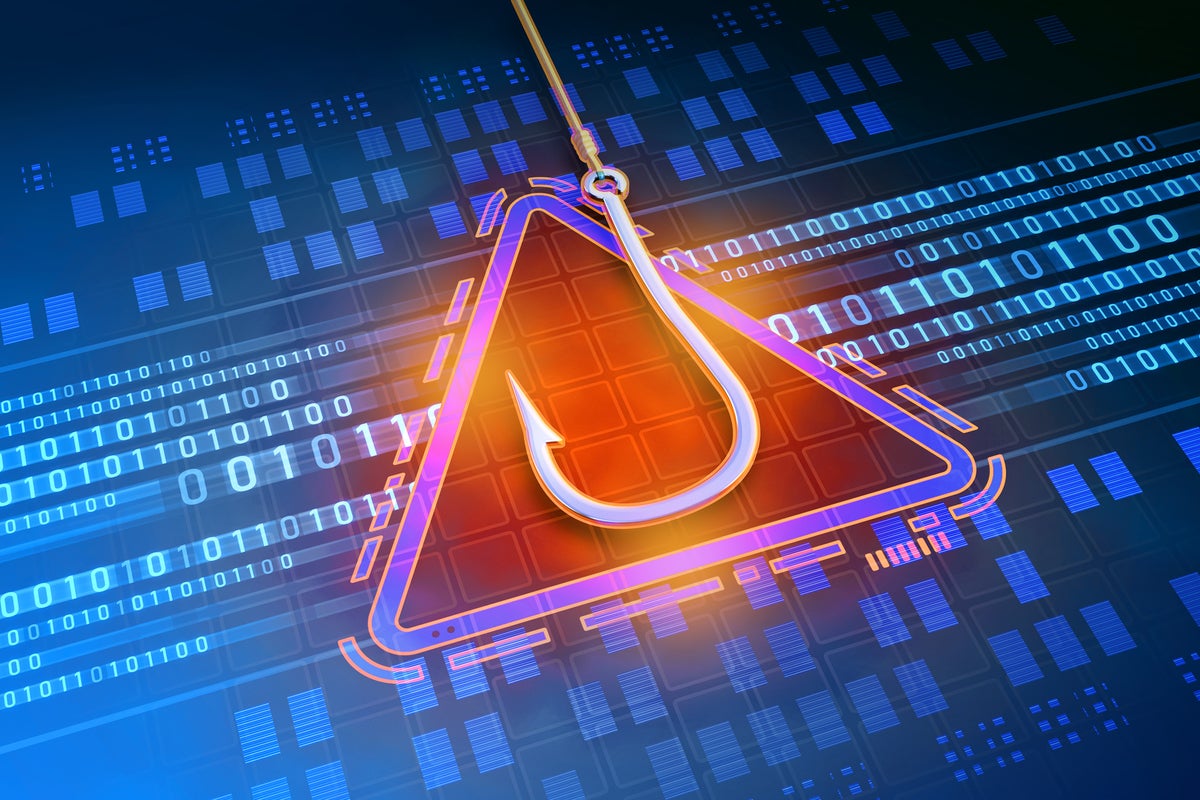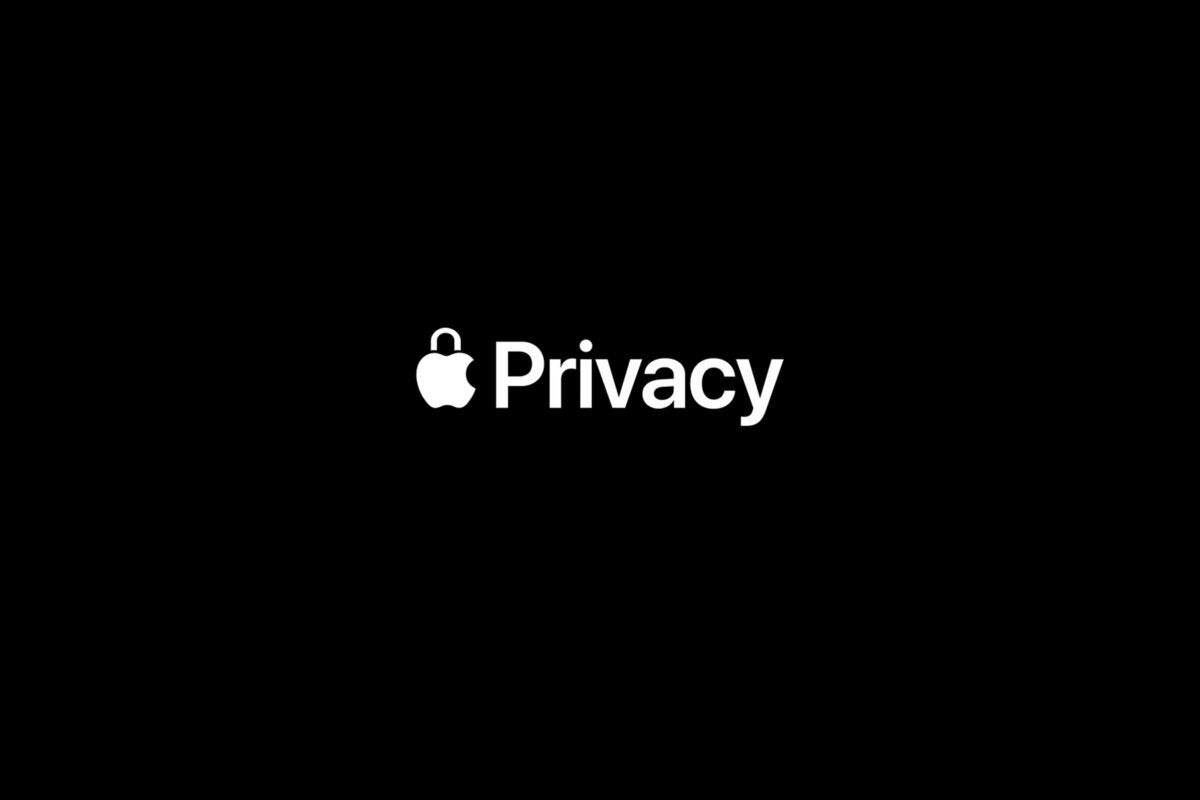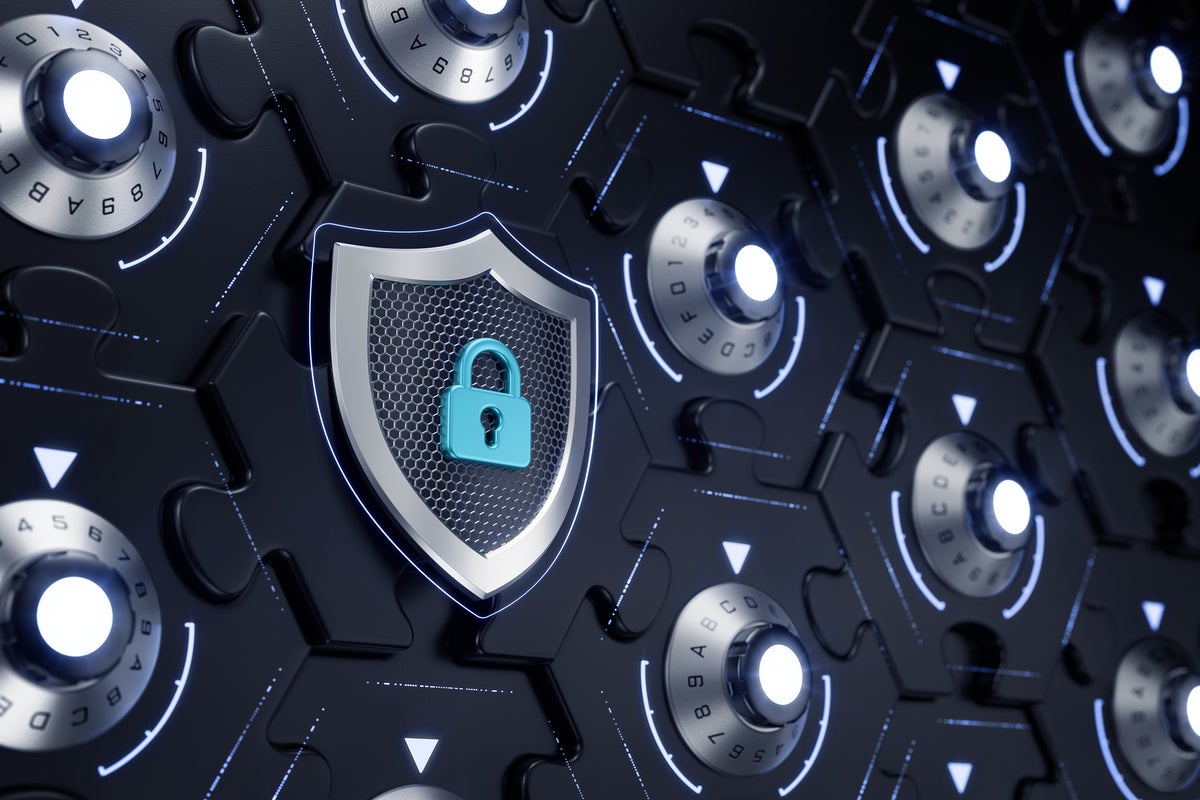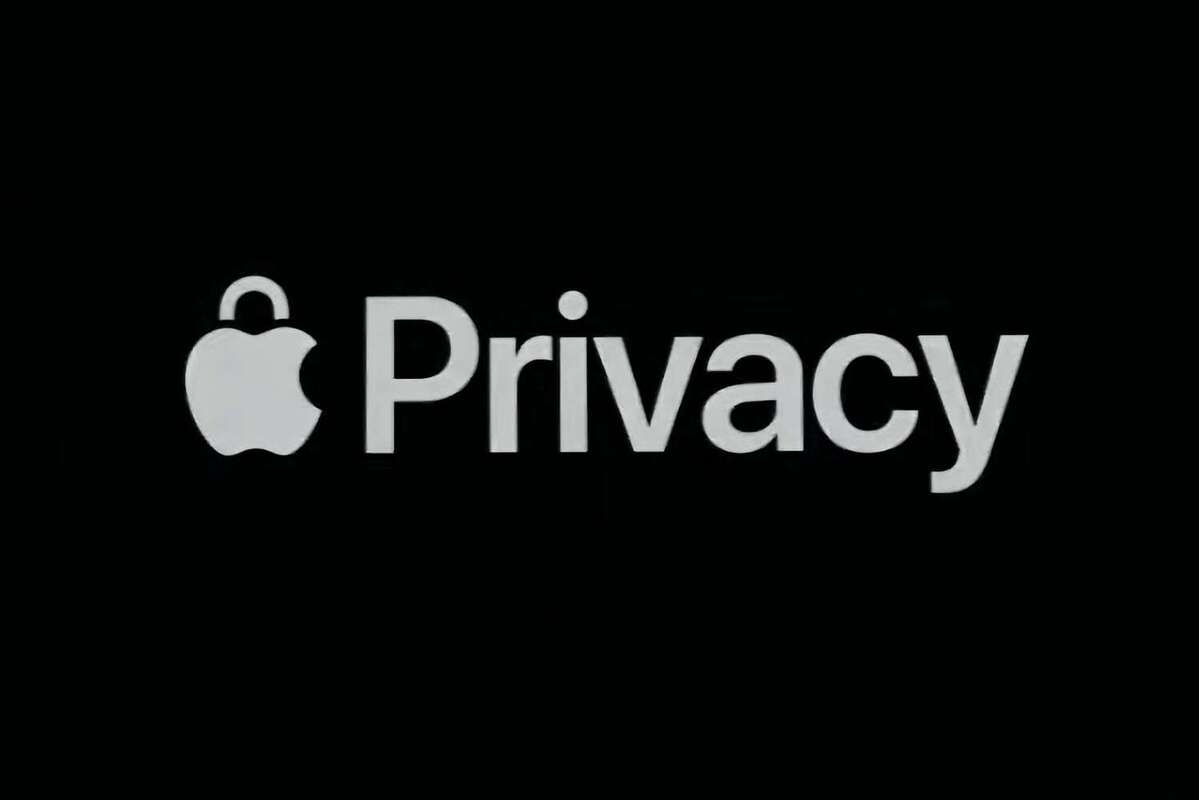Why Apple’s improved 2FA protection matters to business

Credit to Author: Jonny Evans| Date: Tue, 01 Feb 2022 06:01:00 -0800
Apple has introduced a new layer of protection to its existing two-factor authentication (2FA) system, making it a little harder for phishing attacks to successfully steal valuable authentication credentials.
Given that Apple, PayPal, and Amazon were the top three brands used for successful phishing attacks last year, according to a recent Jamf report, this matters.
Phishing costs billions and is bad for business
Phishing is a huge problem. The scale of these attacks shot up during the pandemic. The FBI Internet Crime Report 2020 revealed that phishing attacks affected 241,342 victims in 2020, up from 114,702 in 2019, with adjusted losses of more than $54 billion. Verizon’s 2021 Data Breach Investigations Report confirmed that 36% of data breaches that year involved phishing.








